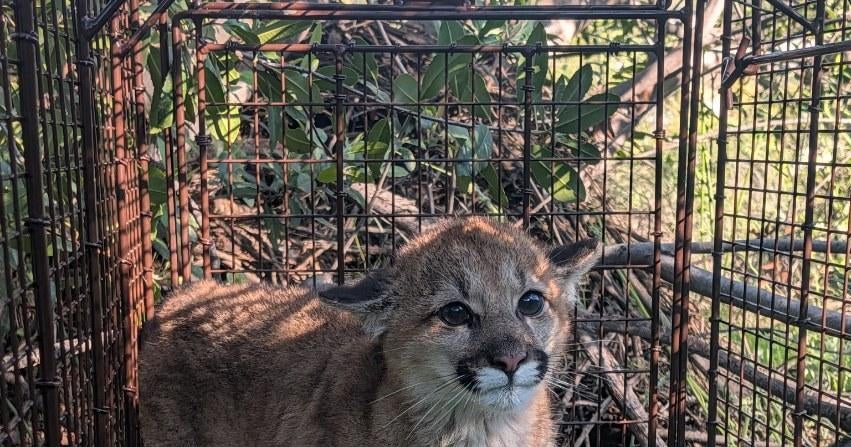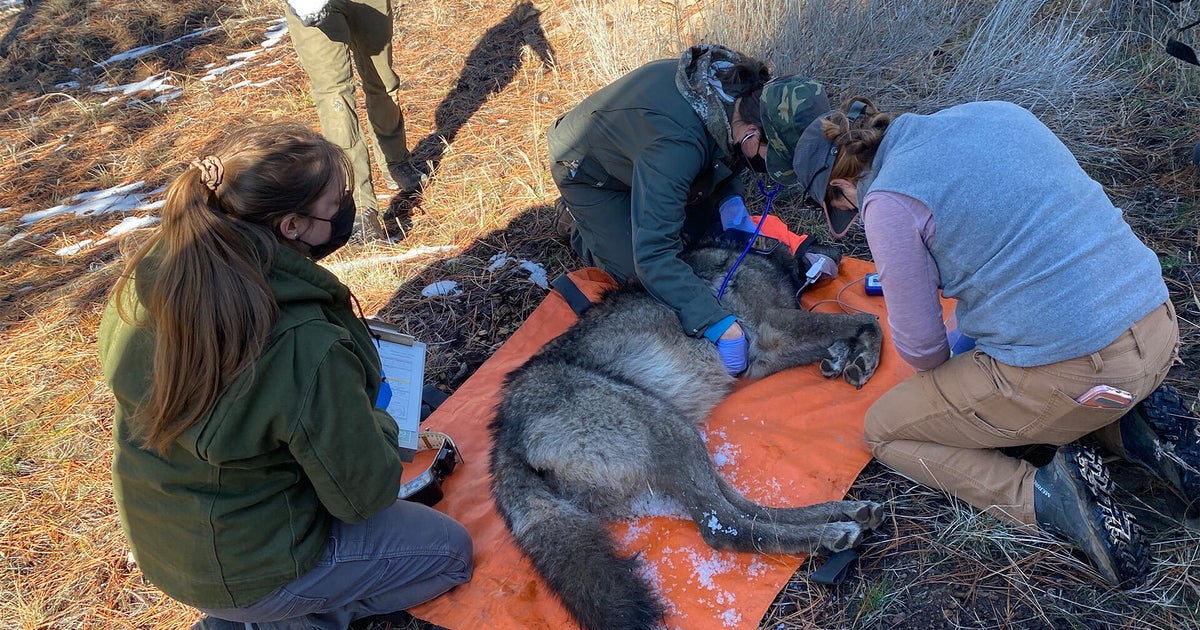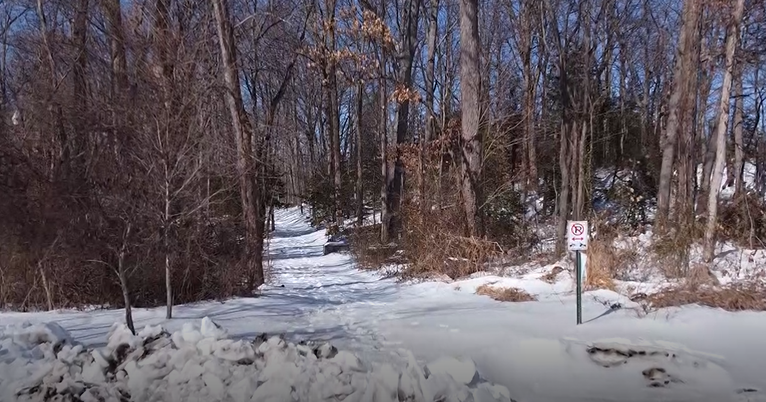Python Hatchlings Found For First Time In Florida Keys
Follow CBSMIAMI.COM: Facebook | Twitter
KEY LARGO (CBSMiami) — For the first time in the Florida Keys, wildlife officials say Burmese python hatchlings have been discovered.
On Thursday, the Florida Fish and Wildlife Conservation Commission announced that in August, three pythons measuring roughly 18-inches long were found in Key Largo.
The agency said 31 credible reports of Burmese pythons in the Keys have been made over the last five years, but these findings are a little different this time around.
"While we have documented Burmese pythons in the Keys for a while now, this is the first time we have documentation of hatchlings in the area. This is not surprising considering the proximity to the known breeding population in the Everglades," said Kristen Sommers, section leader of the FWC's Wildlife Impact Management Section.
The discovery has prompted officials to send postcards to homeowners asking for help spotting the elusive snake. The postcards list a phone number to call if a python is spotted.
"We're sending the postcards in an effort to collect more information on where and how often pythons are being sighted," said Bryan Falk, a USGS biologist. "This information will ultimately help all of the agencies involved focus our research and control efforts in areas where python densities are highest, and hopefully mitigate their further spread."
The agency added that the invasive, non-native python poses serious risk to other animals not accustomed to a new apex predator.
"We worry about pythons becoming established in the Keys because there are several at-risk populations of small mammals, like the Key Largo woodrat and the Key Largo cotton mouse, that would be easy prey for Burmese pythons."
Python hatchlings spotted in the Keys: https://t.co/BhpzyeTwJ4 #python #invasive #news pic.twitter.com/pBabBTrhPW
— MyFWC (@MyFWC) September 22, 2016
Residents and visitors can help by reporting sightings of Burmese pythons and other nonnative species to the FWC's Exotic Species Reporting Hotline at 888-Ive-Got1 (888-483-4681), online at IveGot1.org or by downloading the free "IveGot1" smartphone app.







